Workshops, networking and boat trips – the NC3Rs Summer School
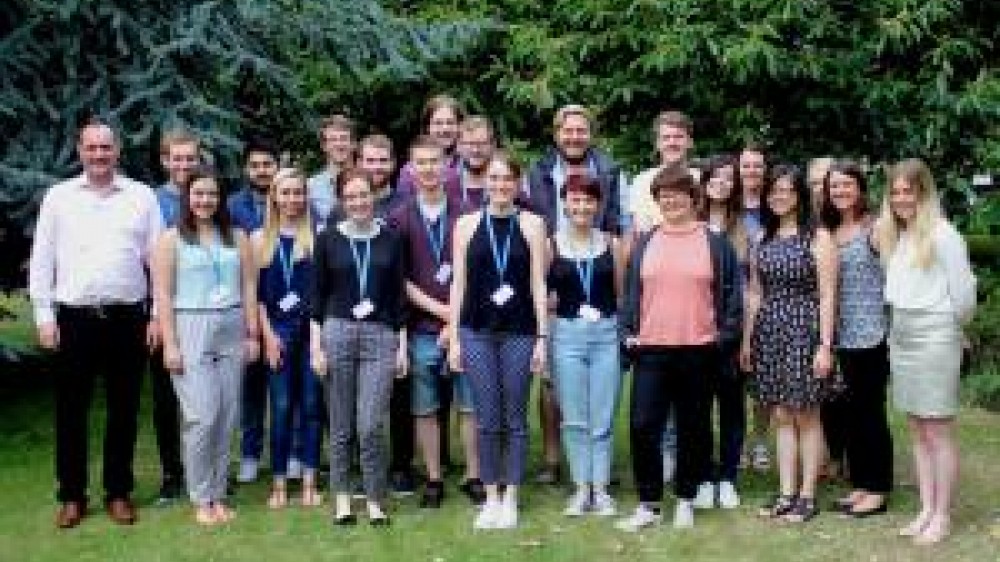
In July, the NC3Rs hosted 19 PhD students from institutions across the UK at our fourth annual Summer School.
The residential event was held at the University of York and featured a two and a half day programme of workshops and presentations. The first year NC3Rs PhD students were joined by PhD students from the host institution who expressed an interest in the 3Rs. Topics covered included how to design statistically robust experiments, how to manage a PhD, and how to communicate science to different audiences. Students also had the opportunity to learn about the impact of NC3Rs research, and how to apply the 3Rs principles in their own work.
We asked some of the students who attended the Summer School to give their thoughts on the experience and what they learned in York.
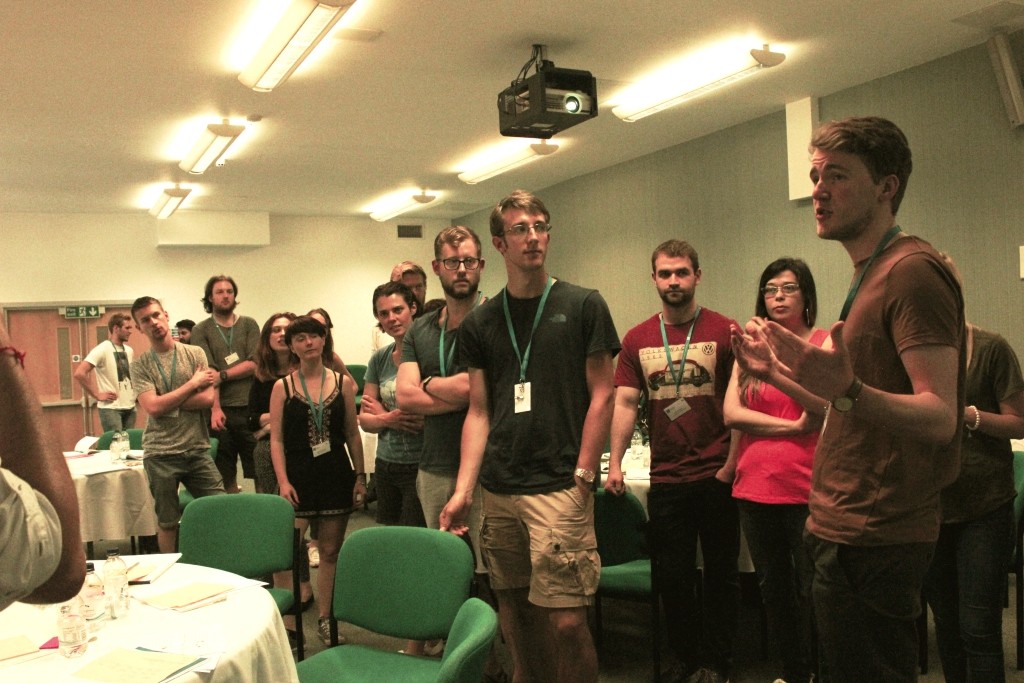
Going into the summer school I thought I was already pretty knowledgeable about the 3Rs as my work is related to an ongoing CRACK IT project (Virtual Infectious Disease Research) and I’ve previously spoken on the reduction benefit of my work. However, I can safely say I wasn’t half as knowledgeable as I thought. When I and the other students, an amazing bunch by the way, presented to each other I realised my understanding of the 3Rs was only a small part of a bigger picture. Talks ranging from better animal models of stroke to using microfluidics to model cancer showed there are many ways to utilise the 3Rs in our research, most of which I’d never considered.
An informative discussion on designing experiments to be statistically powerful followed. Whilst seemingly fundamental, as an early PhD my experiments are sometimes driven by a need for data collection, not always the analysis of said data. This showed the 3Rs can be implemented in such a simple thing as a better experimental plan. Before this course I really didn’t know a lot about the NC3Rs but from the presentations and discussions I learned the beneficial impact it has and continues to make on our research.
Whilst there is far too much to go over from the course, it’s certainly changed my perspective on the 3Rs in general. I can now plan better experiments and see areas for implementing the 3Rs that I may not previously have seen. And finally, I learned my version and the NC3Rs version of a ‘Boat Party’ are two very different things.
John Hamp, second year PhD student form University of York
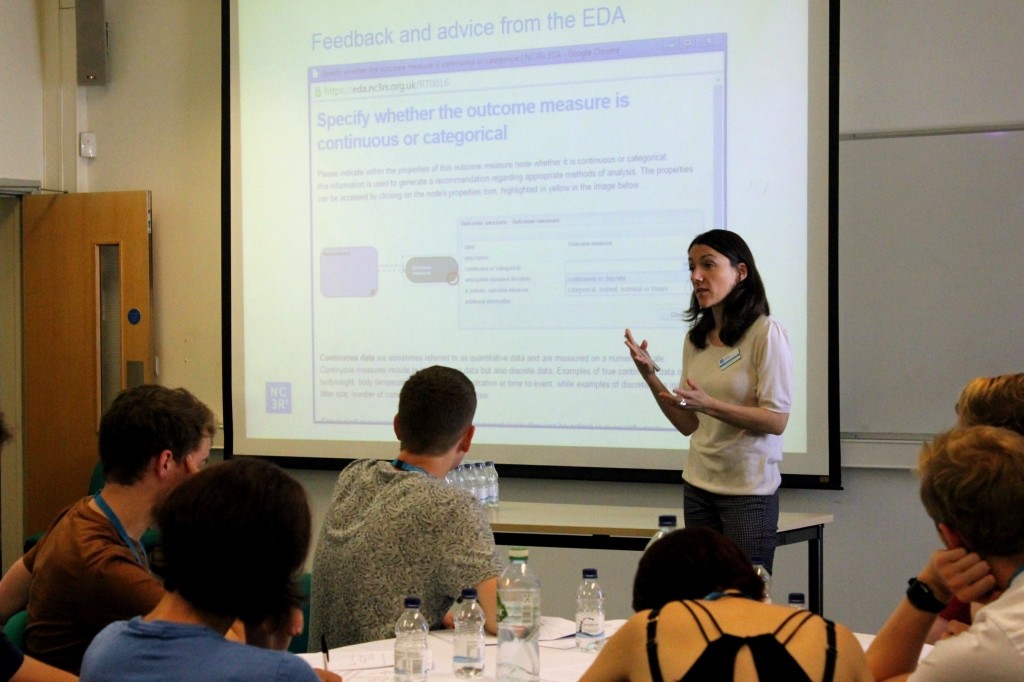
The summer school workshops were engaging sessions that provided solutions to overcome issues within animal welfare research. Before attending the summer school, I was aware that there is a lack of clinical translation and reproducibility in animal studies due to poor experimental design, inappropriate statistics and inadequate reporting. Dr David Willé and Dr Nathalie Percie du Sert provided a comprehensive overview on tackling such problems within the experimental design workshop. The workshop broadened my knowledge on reducing bias, selecting appropriate sample sizes and employing appropriate randomisation within my own studies.
At the workshop I was introduced to the NC3Rs Experimental Design Assistant, which has since provided an invaluable tool to my research as a PhD student. The simplicity of the system and the advice on experimental design enables me to consider my experiments thoroughly. For example, the feedback system is a great way to identify confounding variables within the design that could impact on the validity of my experiments. Ultimately, attending the workshop has given me a deeper understanding and appreciation for the importance of careful experimental planning. I believe that this knowledge I have gained from the summer school will enhance my skills as an animal welfare researcher.
Grace Laws, NC3Rs-funded PhD student from Newcastle University
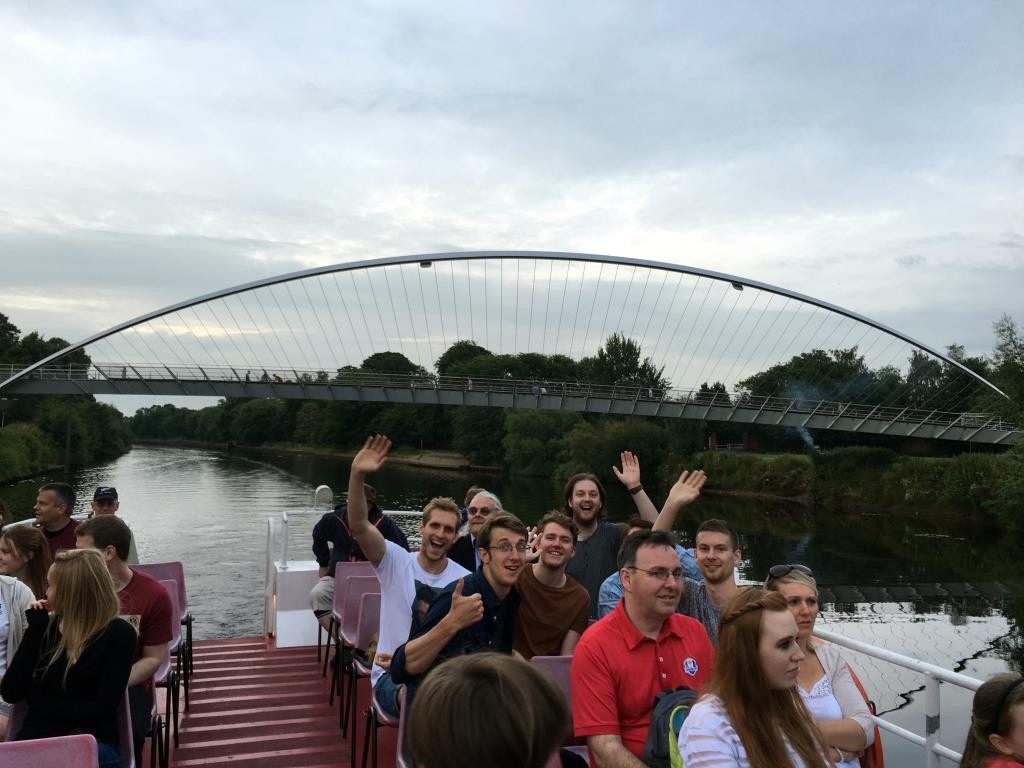
The opportunity to meet other NC3Rs funded PhD students was invaluable. Being able to talk to people with so many different approaches to the same three base problems was a real eye opener and sparked many very interesting and useful debates on different methods or ways of approaching problems. We were also given a talk on networking and how to present yourself - in person and online - then given the opportunity to practice the new skills we were taught.
It was a great opportunity to hear renowned speakers talk about how they approach the 3Rs. Being able to talk to them in a very informal way over a drink in the evening or breakfast in the morning was an opportunity that you would be hard pressed to find anywhere else. The summer school size was perfect - you had a chance to talk to everyone at some point and there was plenty of time for socialisation on top of the great learning opportunities.
There are not many occasions I could imagine where I could walk through the city of York chatting to a renowned multiple sclerosis researcher, not only discussing our work and possible collaborations and some more tailored professional advice, but also getting to know them on a more personal level.
Algernon Bloom, NC3Rs-funded PhD student from Queen Mary University of London
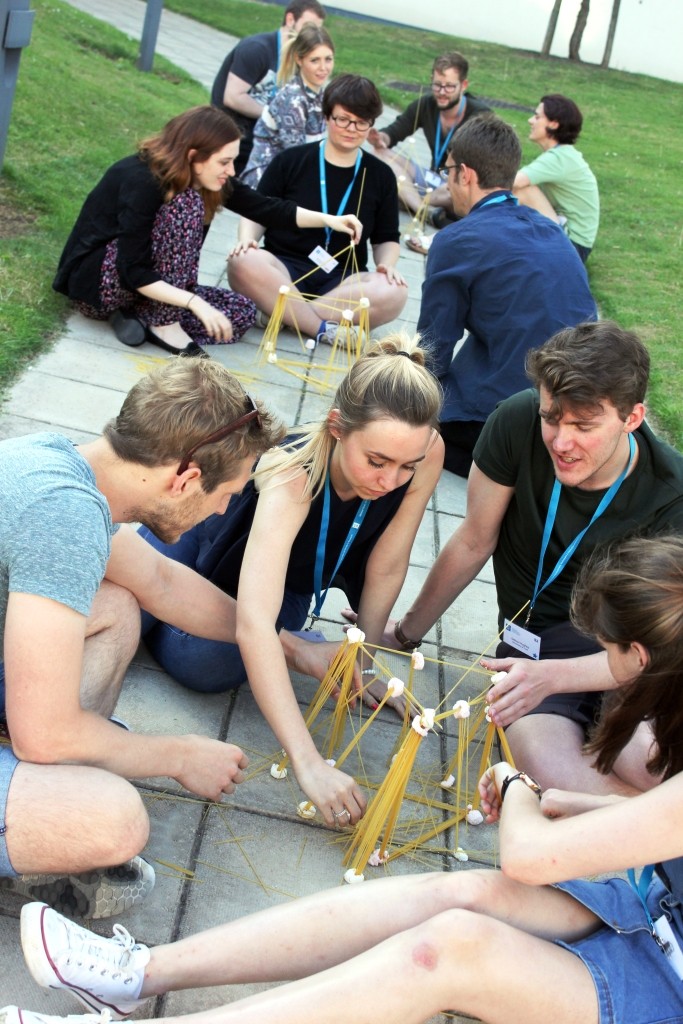
I always thought of the NC3Rs as an organisation that worked solely on addressing the 3Rs. From attending the summer school I’ve seen how important the scientific aims are too and I can see where the slogan “Pioneering better science” comes from. The NC3Rs looks to address a major scientific problem, whilst also addressing the 3Rs, which has made me realise the importance of the research they are funding.
In addition, coming to the summer school and meeting so many different people trying to address different problems made me realise the impact of NC3Rs research. With such emphasis on the quality of statistics, experimental design and reporting of data, the NC3Rs could help begin a new and improved era for science in the UK.
I never knew what sort of support was available from the NC3Rs, Having met some of the staff on the summer school, and speaking to them one-to-one, I now know how supportive they are. They’re really friendly and keen to help with anything they can in relation to the projects they fund.
Jewel Ahmed, NC3Rs-funded PhD student from University of Nottingham
With a round of new NC3Rs PhD students starting their projects this autumn, we already look forward to welcoming them at next year’s Summer School!
To find out more about PhD funding opportunities, visit: NC3Rs PhD studentships.
